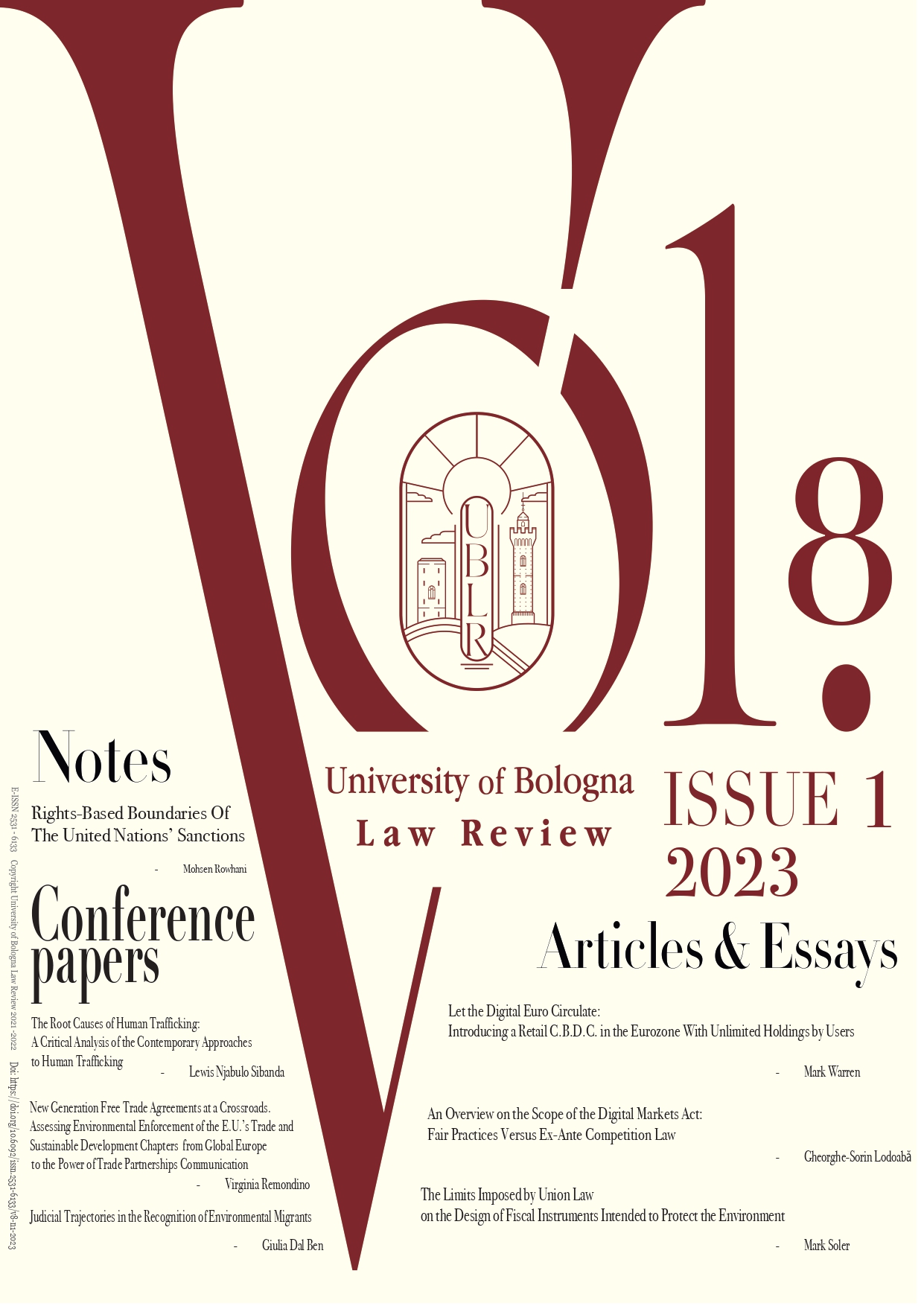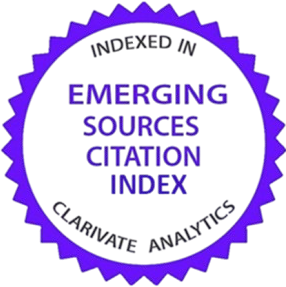Rights‐Based Boundaries Of The United Nations’ Sanctions
DOI:
https://doi.org/10.6092/issn.2531-6133/17799Keywords:
Economic Sanctions, Human Rights, Security Council, Targeted SanctionsAbstract
The article examines sanctions imposed by the United Nations (U.N.), the most critical sender of multilateral sanctions, by categorising them as embargoes against states and their main sectors, as well as targeted sanctions against individuals and micro entities. The U.N. Charter serves as the foundation for determining the boundaries of U.N. embargoes. Accordingly, the Security Council is bound by the U.N. Charter’s Preamble and Articles as the only international treaty that can control its actions. Furthermore, based on the Charter’s proportionality principle, the Security Council must balance subjective wrongdoings and the consequences of sanctions. The article then evaluates flaws in the designation, implementation, judicial reviews, and targets substantive and procedural human rights in order to determine how U.N. targeted sanctions should be formed to become rights-based. The central issue of due process is addressed by examining certain recorded rights-based challenges in the process of domestic implementation of sanctions that are reviewed by international courts in order to demonstrate that the Security Council’s targeted sanctions require reconsideration as well as their own independent judicial review.
Downloads
Downloads
Published
How to Cite
Issue
Section
License
Copyright (c) 2023 Mohsen Rowhani

This work is licensed under a Creative Commons Attribution 4.0 International License.














